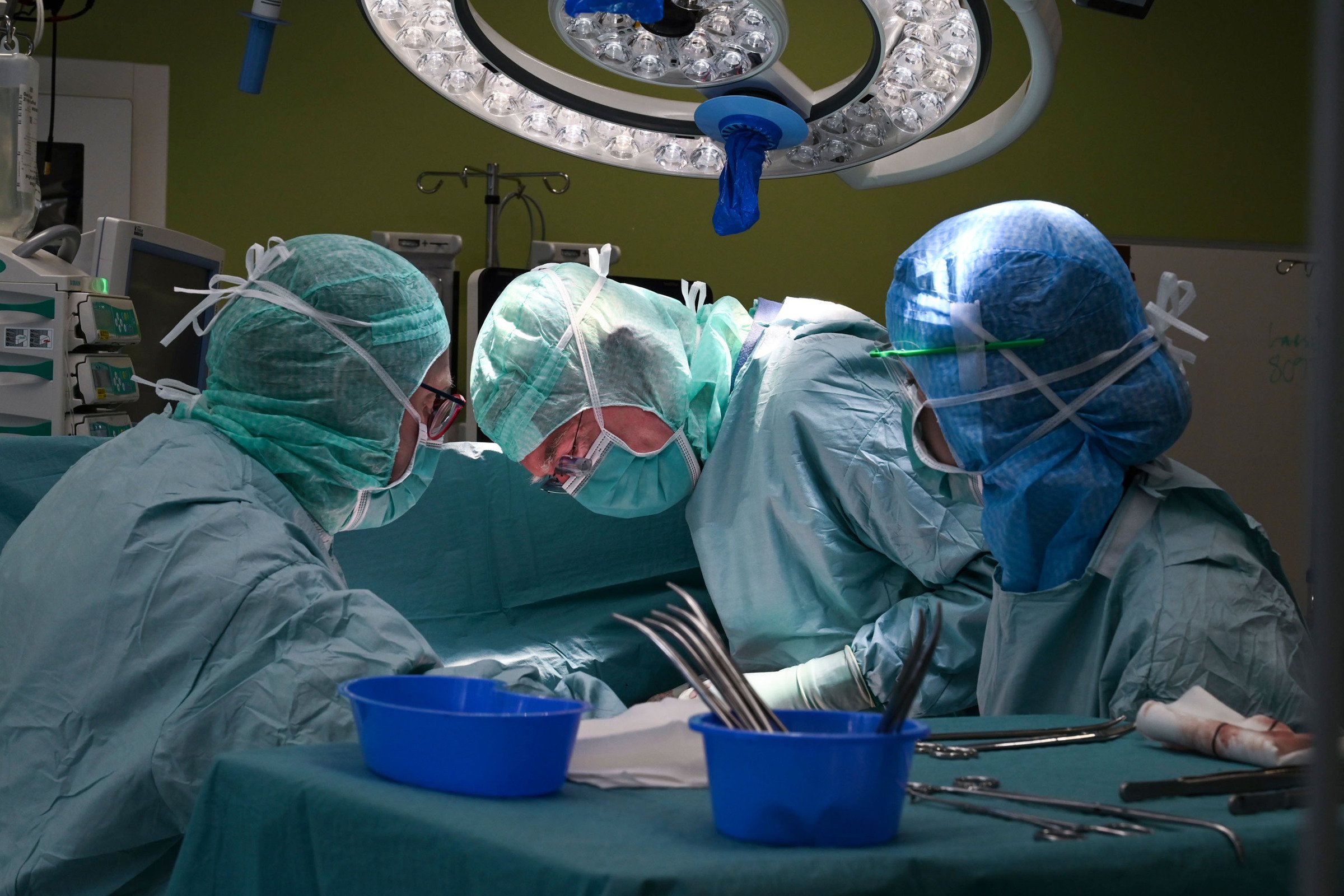Autoimmune Hepatitis
Autoimmune hepatitis is a chronic liver disease in which the body's immune system mistakenly attacks liver cells, leading to inflammation and potential liver damage. If left untreated, AIH can progress to liver fibrosis, cirrhosis, and even liver failure. Early diagnosis and treatment are crucial for managing the disease effectively.
The exact cause of autoimmune hepatitis (AIH) is not fully understood, but it is believed to be a combination of genetic predisposition and environmental triggers such as exposure to certain viruses or toxins triggering the immune response. Also, individuals with autoimmune conditions like type 1 diabetes, thyroid disorders, or rheumatoid arthritis are at higher risk.
Gastroenterology
Gastroenterology includes both upper abdominal surgery and lower abdominal surgery GastroenterologyLiver Transplant
Karolinska University Hospital runs one of the more extensive liver surgery units in the Nordics, and has a special assignment for liver transplants on behalf of the Swedish National Board of Health and Welfare. Both children and adults undergo transplants with excellent results at Karolinska. Liver Transplant
Center
We aim to significantly improve the quality of life for a vast number of patients with various diseases, as well as give new life to those for whom there is no other treatment.